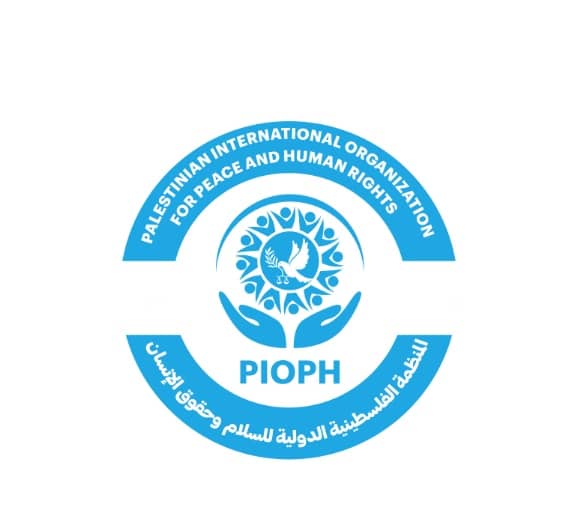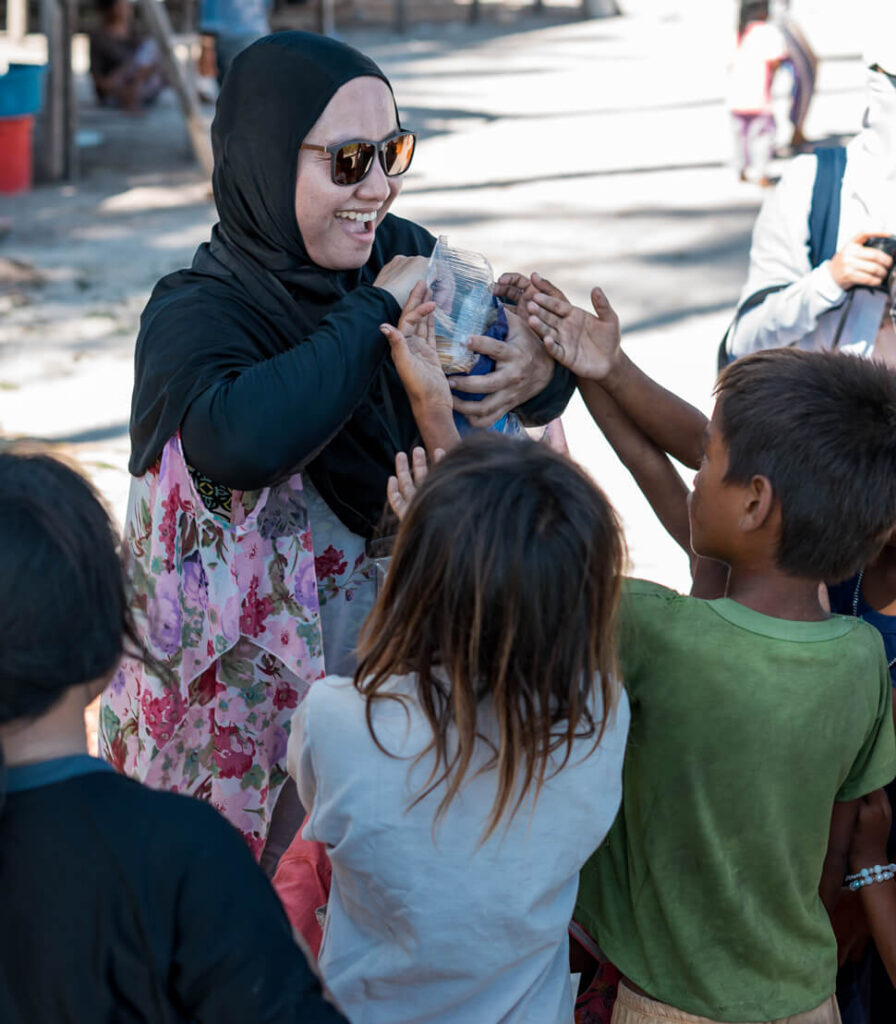Contact us
Most frequently asked questions
Donations are allocated to provide direct humanitarian support, including food, healthcare, and education, as well as support for community empowerment projects.
Yes, donors can choose to allocate their donations to specific areas such as education, health, or emergency relief as they wish.
We operate transparently and follow accurate documentation methods to ensure that aid reaches those who deserve it, and regular reports on aid distribution are available.
The Palestinian International Organization for Peace and Human Rights (PIOPH) is an independent, non-governmental humanitarian organization that aims to promote human rights, achieve just peace, and defend the Palestinian cause internationally.
The organization was founded in 2019 and launched as a global youth initiative called the Palestinian Initiative WIJPS by a group of young people under the guidance of the founder and Secretary-General Dr. Malek Abu Amra in the Gaza Strip.
The organization seeks to spread the values of just peace, defend Palestinian human rights, and work to end the occupation and achieve international justice.
The organization's headquarters are located in Gaza City, with representative offices in several international capitals.
The organization is non-governmental and completely independent, operating under international human rights laws.
Its mission is to work to achieve sustainable peace based on justice, and to support Palestinian human rights without restrictions or exceptions.
The organization defines human rights as inalienable rights, including the right to freedom, security, education, health, and development, with a focus on the rights of Palestinians, which are constantly violated.
Priorities include: ending the occupation, protecting civilians, promoting dialogue between peoples, and ensuring the implementation of international law and the occupation’s commitment to it.
Yes, the organization works to organize global awareness campaigns and international seminars that highlight the suffering of the Palestinian people and demand just solutions.
Activities include: monitoring human rights violations, providing legal support, organizing international conferences, and launching educational programs on peace and human rights.
Yes, the organization provides humanitarian assistance to Palestinians affected by conflict or blockade, and currently in the Gaza Strip, and is supervised by our WIJPS team.
The organization launches cultural initiatives, educational programs, and forums that bring together different peoples to encourage understanding and tolerance.
The organization does not participate directly in the negotiations, but it provides recommendations and reports to international bodies and decision-makers and also through our website, so we seek to participate.
The organization launched the “Right to Live in Dignity” initiative, which aims to highlight the daily violations faced by Palestinians in the Gaza Strip, to defend the rights of detainees.
The Palestinian Global Initiative for Justice and Peace Makers, in cooperation with the International Organization of World Cities of Peace in Sweden, launched the initiative to declare Gaza a city of peace, not a city of war. However, the occupation continues to violate human rights in the Gaza Strip and Palestine as a whole. It does not seek just peace.
Any person who believes in human rights and the values of peace can apply for membership in the organization, regardless of his nationality, provided that he has the full confidence of the organization and its Secretary-General.
Applications can be submitted through the organization's website, where applications are evaluated based on competence and interest.
Yes, the organization provides training programs in areas such as human rights, international law, and conflict management in the Gaza Strip. The programs were halted due to the genocide and crimes committed by the occupation in the Gaza Strip. We are also restricted from working inside the Gaza Strip due to the restrictions imposed by the Israeli occupation.
The organization relies on individual donations, institutional support, international grants, programs and courses.
Yes, the organization issues an annual report highlighting its activities, achievements, and funding sources.
Transparency, integrity, independence, international laws and internal legal regulations of the organization and social responsibility.
Monitoring and documenting hundreds of violations against Palestinians.
Launching international campaigns to support Palestinian prisoners.
Contribute to providing humanitarian aid to besieged areas.
Strengthening the role of youth in society and defending human rights
Through analysis of tangible project results, independent evaluation reports, and local and international community engagement.
Yes, international advocacy and influencing public opinion on human rights violations, especially in Palestine.
Lack of funding.
Political and legal oppression.
Difficulty of accessing some areas affected by the crimes of the Israeli occupation in the Gaza Strip.
By strengthening international partnerships, accurately documenting violations, and pressuring international courts to act.
Verifying eligibility: Data helps ensure that aid reaches the people most in need, ensuring resources are distributed fairly and preventing manipulation or duplication of benefits.
Reporting and Transparency: Providing accurate reports to donors on the impact of their donations and the beneficiaries; statistical data contributes to assessing the success of humanitarian projects.
Program Development: Understanding beneficiaries’ needs more deeply to design effective humanitarian programs, using information to improve the quality of future services.
Type of data required: Basic data: name, age, number of family members, place of residence.
Needs data: Type of assistance required (financial, food, educational).
If necessary): Proof of identity documents such as identity or medical certificates, but without collecting excessive unnecessary information).
Our ethical and legal commitment regarding privacy standards: Obtaining consent: Requesting written or verbal (consent) from beneficiaries before collecting data.
Data Protection: Data is stored in encrypted and secure systems to ensure that it is not leaked, access to data is only granted to our specialized team and for humanitarian purposes.
Limited sharing : Data is used internally only and not shared with third parties without the beneficiaries’ consent. We share public data (such as numbers and results) without revealing individuals’ identities, data and personal information.
Compliance with legal and regulatory standards: We are committed to complying with all laws related to human rights, including the rights of Palestinian refugees and international humanitarian laws.
Acceptance of Legal Terms: We provide donors and beneficiaries of the organization’s programs with clear legal documents that oblige them to understand the organization’s role while providing aid or services, as well as their rights and obligations.
Expanding its scope of work to include more countries.
Strengthening education and awareness programmes.
Increase investment in research, documentation, humanitarian programmes and human rights support programmes.
No, the organization is completely independent of any political or ideological movement.
The organization focuses primarily on the Palestinian cause, but supports human rights all over the world.
The organization focuses on providing humanitarian assistance, but does not provide financial grants directly unless they are available and allocated for that purpose.
Through its official website, email, or through its regional offices.
Yes, the organization has active accounts on all major platforms to publish its activities and news.


